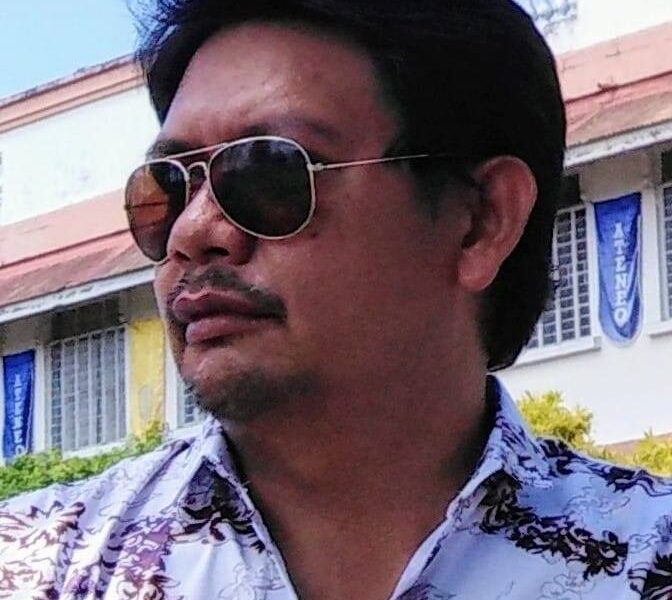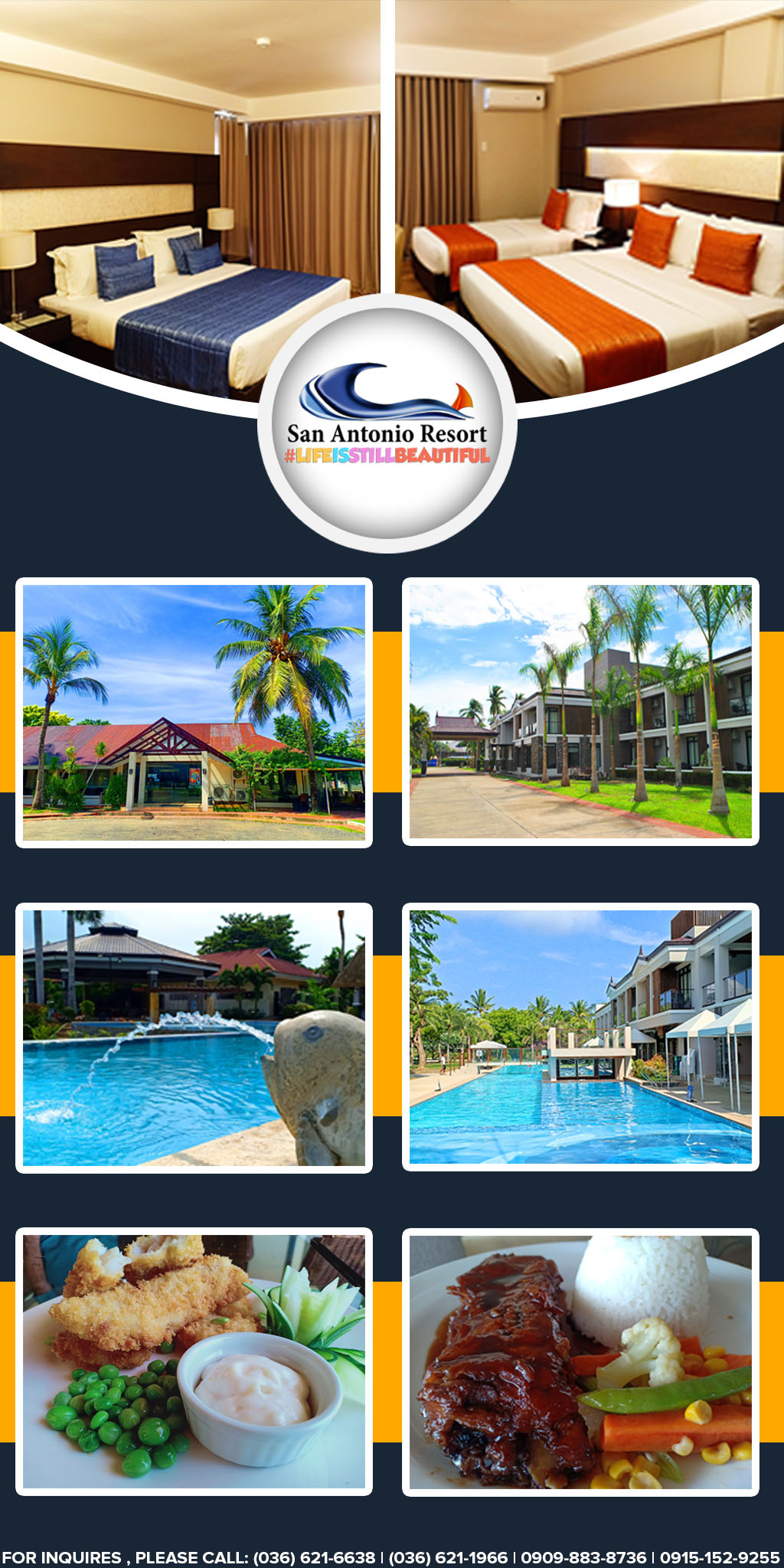
#LetterFromNaga
When I started school, teachers and textbooks were the sources of learning. At times, my parents, too, were my teachers. As a pupil, I virtually did what I was told—and as I was told. I read my books and came to know things and learned from the teacher.
In high school, I probably did the same thing because of the rules we had to follow but I enjoyed it especially how our teachers made us engage with lessons.
Within the halls of Ateneo, my senior year in high school was particularly memorable. Toward the end of the year, we were required by our English teacher to dig deep into the life of one prominent person in history from A to Z. Assigned to the letter “F,” I made a shortlist which included Michael Faraday, Robert Frost, and Sigmund Freud. Eventually, I chose Freud.
Up until the 1990s, I had to browse books and scour card catalogs from the library to make that paper. These were no days of Wikipedia—my classmates and I had to source out the lives of these famous people from tomes of books in Amelita’s Verroza’s kingdom called Periodicals Section of the old high school library in the ground floor of the Burns Hall.
Some of us even had to invade Ms. Esper Poloyapoy’s and Aida Levasty’s College Circulation across the hall in the Burns Hall. There in the College Library was where I found the juicier Freud—in the definitive biography by his bosom friend, Ernest Jones. Encyclopedia Britannica, World Book, Encyclopedia Americana, all encyclopedias and primary sources—these were the heyday of index cards filed in that brown box—title, author and subject cards. I did not know why, but why of all these cards, it’s the subject card that looked the most beautiful of them all. And from that class, some 50 personalities were featured enough to collect in a compendium of sorts. That project I think was legendary.
Does this mean that the approach used by my high school teacher border on the reflexive? Was it evident in the way I was given a choice by my English teacher to work on something and I chose Sigmund Freud? Did this, too, mean I practically helped design my learning? If it were so, then I would have more of these eventually in college when almost all projects for the courses I enrolled in allowed us to produce the output of our preferences.
After our high school graduation, my classmates went to enroll in universities while I stayed in the same school. At the time, studying in a bigger school in Manila— the country’s capital—was a status symbol.
For any youth at the time, there was nothing cooler than that. It did not only mean pursuing courses that suited your taste; it also promised an idyllic academic environment we’d see in the university brochures. It probably also meant “more knowledge”—even as these universities would place prominently in the world rankings, and so on. So did it mean having better chances to succeed in life? Yes.
In college, meanwhile, some of my course papers and essays were more directed to answering key questions to satisfy their rubrics. But certainly, other outputs in the humanities and social sciences were born of my insight and creativity. Were the didactic and the authentic approaches prominent in my college education? Probably.
Nevertheless, all knowledge that I could have known only lay everywhere—from the books and encyclopedias to almanacs to journals—but were they accessible to me? No. Did our school library have a big collection of these? Not really.
So this was the time when one had to go to a university to access a piece of information which was only available from the exclusive collection of this school or that university. Knowledge before the age of the internet was so precious and rare—one had to search it as if on a mission, as it were.
But when every school had interconnectivity, things changed. Schools in the regions now “mattered”. They became equally competitive—along with the leveling up of the graduate-level faculty who now came back to their departments.
I was surprised that I could now find books easier through an online public access catalog or OPAC in our school. If then, I relied too heavily on what my teachers had to say, this time, much knowledge and information were efficiently at my disposal.
Everything that I only probably wondered about because I heard them from my teachers or was sparked by their discussions I could now probably know elsewhere. I have been so enamored by so much information I can now find online. And since then, I have not stopped.* (ninomanaog@gmail.com)






